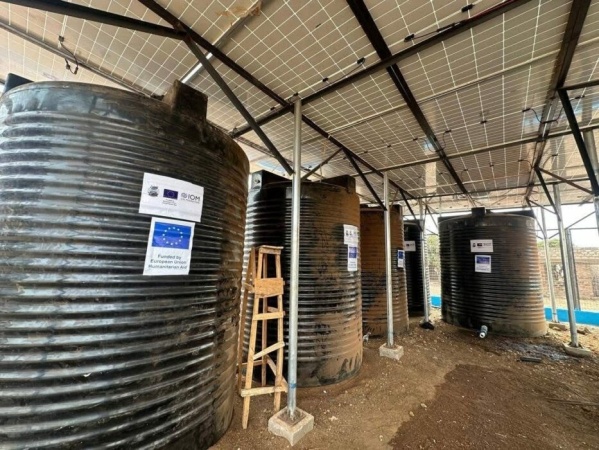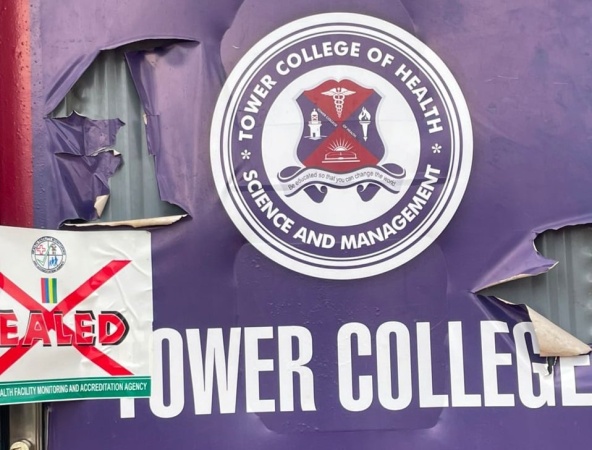

























Loading banners


NEWS EXPRESS is Nigeria’s leading online newspaper. Published by Africa’s international award-winning journalist, Mr. Isaac Umunna, NEWS EXPRESS is Nigeria’s first truly professional online daily newspaper. It is published from Lagos, Nigeria’s economic and media hub, and has a provision for occasional special print editions. Thanks to our vast network of sources and dedicated team of professional journalists and contributors spread across Nigeria and overseas, NEWS EXPRESS has become synonymous with newsbreaks and exclusive stories from around the world.

Oil giant Royal Dutch Shell has cited continued security problems in Nigeria as part of the reason for declining production and earnings.
The company leveled the allegation today while reporting a 45 percent decline in first-quarter earnings compared with a year earlier, as production fell sharply and the company took a large write-off on its refining business. It also fingered a government-ordered reduction of gas output in the Netherlands as contributing to the decline.
Shell, which is based in The Hague, the Netherlands, said it earned $4.5 billion for the quarter compared to $8.2 billion a year earlier.
The largest earnings impact came from $2.9 billion in write-downs, mostly on the value of Shell’s marketing and refining units in Europe and Asia. Excluding those large one-time factors, earnings were $7.3 billion, down 3 percent from the same period in 2013. That was 48 percent above analysts’ consensus, according to Peter Hutton, an analyst at RBC Capital Markets in London, who called the results “encouraging” in a note to clients. Shell’s share price rose about 3 percent in early trading in London.
Oil production fell 9 percent, to an average of 3.24 million barrels per day of oil equivalent in the quarter, compared with last year’s first quarter.
The company said, however, that production had started at its giant Majnoon field in Iraq.
Shell’s exploration and production business reported a slight increase in earnings, as the company’s strong natural gas business performed well, while marketing and refining fell.
Shell’s chief executive, Ben van Beurden, who took office at the beginning of the year, has said that he plans closings and sales in the refining business as he tries to push Shell to a higher level of profitability. Along with other companies in the industry, Shell is struggling to make money in products like diesel and gasoline refined from oil at plants in Europe because of weak demand and a glut in refining capacity. Mr. van Beurden says that Asia has also become a difficult market because so many refineries have been built. Shell said that it was completely writing off the value of its Bukom refinery in Singapore.
“I am determined to improve our competitiveness and to adapt the company to respond to changes in the industry landscape,” Mr. van Beurden said in a statement.
Shell had previously announced the sale of its Australian refining and marketing business to Vitol, a trading house, for $2.6 billion. It is also selling marketing and refining units in Denmark and Italy and said Wednesday that it was considering disposals in Norway.
Mr. van Beurden also said that marketing and refining and chemicals had the potential to earn 10 percent to 12 percent returns on average capital employed, an oft-used industry metric. He said that was more than double current levels.
But over all, Shell’s return on average capital employed fell to just 6.1 percent, compared to 13 percent a year earlier, the company said.
•Partly based on a New York Times report. Photo shows Shell’s chief executive, Ben van Beurden.